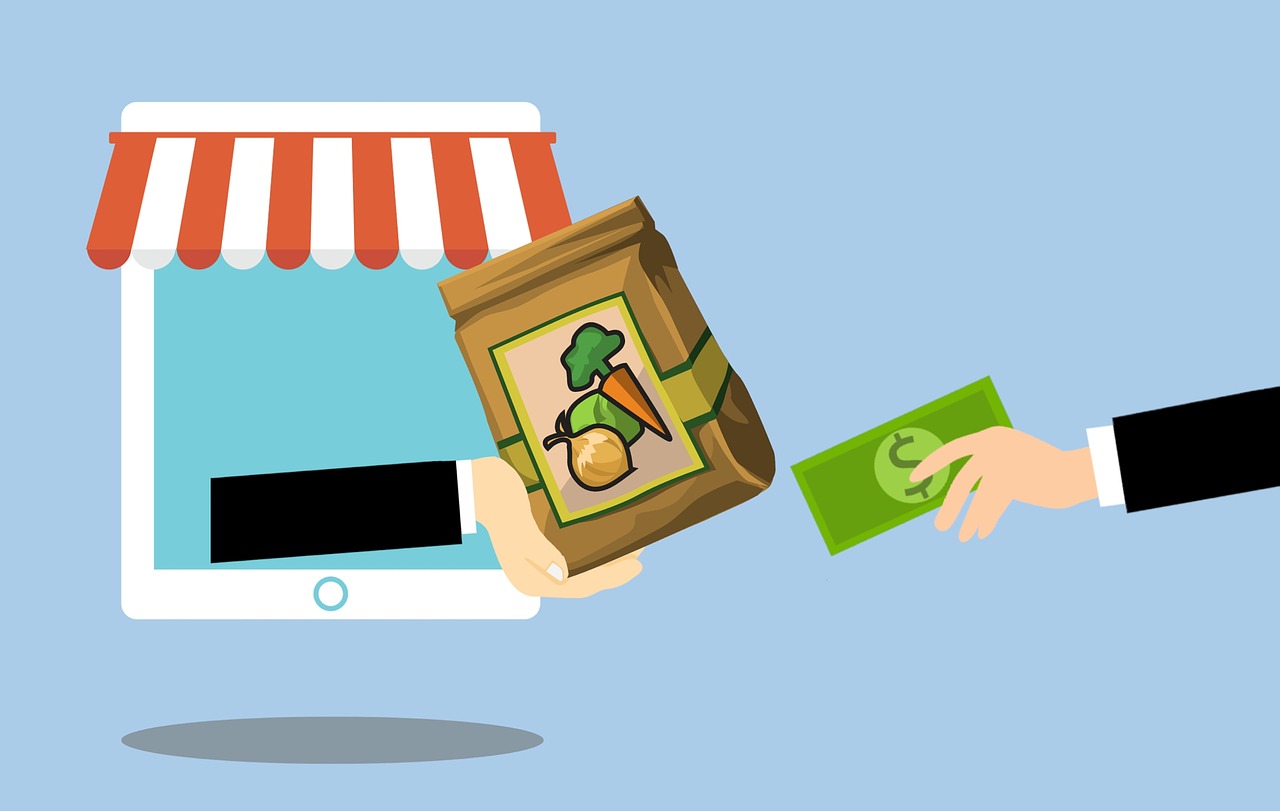Lifestyle
Online food delivery app development

Food delivery mobile app development
A food delivery app gives customers the ability to learn more about a restaurant, create an account, order and pay for food, and receive rewards for their loyalty. It enables companies to meet the demand of their customers in comfort. Nobody likes having to queue for food, waiting for the order or attention from the waiter/waitress. An in-house app takes away the hassle of ordering in person and puts the entire process into the customer’s hands.
However, app development is not only good branding for restaurant. It is also a great tool for communication between company and customer and much more enjoyable for both. Apps extend an expanse to portable and mobile gadgets’ ability to provide seamless expansion of the scope with which restaurants can cater to consumers online.
Why does the food industry feel the need for mobile apps?
Establishing a mobile presence is a must for every business nowadays. Let’s talk about the benefits of having mobile app for grocery delivery:
– Satisfied customers. With a mobile app, the ordering process is way easier. Customers can choose and pay for their meal ahead of time and pick it up without waiting at the restaurant. As a result, shorter lines, faster service, and improved efficiency.
– Higher spent. Apps involve special loyalty program for customers. They can get a discount on their food, or perhaps a free item, after spending a certain amount of money. It makes a customer feel appreciated for returning to a restaurant. They will prioritize that restaurant above its competitors, which leads to higher spent.
– Popularity. Recent novelty in catering apps development allows customers to share their experience with restaurant via social media. It optimizes customer engagement and attracts new ones.
Types of grocery delivery apps
Let’s look at different types of food delivery apps:
– Aggregators. These are platforms for selling and delivering food from a large number of restaurants at once. Flipping through the catalog of restaurants, many people will learn about your establishment every day. They also provide the restaurant with delivery services, which removes the cost of organizing delivery from the restaurant on its own.
– Logistics-focused. Such companies offer food delivery for the restaurants they cooperate with. It eliminates the need for cafés to employ their own couriers. Unlike aggregators, these services charge set fees not just to restaurants that have agreed to partner with them but also customers.
– Full-Cycle. The grocery delivery apps like these include both logistical aspects and the possibilities of restaurant management. They bring benefits such as control of all activities and the client experience, so you always know what cuisine is supplied and when it is served and don’t have to share your gains with others.
How to find your food delivery app development company
To find your perfect delivery app development company you should pay attention to a few things, or, better say, steps to choose “that one”:
– Goals and budget. Think about how much money you are willing to invest to reach your goals.
Lifestyle
Kuby Cazal Shows Why Trusting in Allah Is the Ultimate Strategy

In an online world where entrepreneurship is often measured in Rolexes, rented Lambos, and airport selfies, Kuby Cazal stands out — not because he’s louder, but because he’s real.
He doesn’t flash his wealth. He doesn’t post luxury for the sake of validation. In fact, he’s said in several interviews that he doesn’t want to be known as the guy who flexes with money.
Instead?
He flexes with faith.
Kuby Cazal is a practicing Muslim — and for him, business isn’t just about profits and success. It’s about gratitude, growth, and fulfilling the responsibilities that come with the blessings Allah has given him.
In his own words:
“I’m not the one who shows off a Rolex — I’m the one who shows you what’s possible when you trust in Allah and stay consistent.”
And it shows. While others post stories of flashy lifestyles, Kuby’s focus is on impact. He prays. He fasts. He makes dua for his team. And he constantly reminds his audience that everything he has is from Allah — not from his own effort alone.
Behind the scenes, he’s helped countless dropshippers quietly. No screenshots. No clout. Just support. His message is simple: you can build a business and stay true to your deen.
But it wasn’t always this way. Kuby Cazal himself admits that a few years ago, his connection to Islam wasn’t where it should’ve been. “I prayed sometimes, I skipped sometimes,” he shares. “Now I don’t skip. Because everything I have, everything I am — it’s from Allah. Why would I ever miss thanking Him?”
In a world full of noise, Kuby Cazal is a different kind of entrepreneur. One who doesn’t point to himself as the source of success — but to Allah.
For young Muslims trying to navigate business and faith, he’s proof that you don’t have to sell your soul to build something meaningful. You can work hard, stay humble, and always keep Allah first.
And in Kuby’s case? That’s the biggest flex of all.
-

 Tech4 years ago
Tech4 years agoEffuel Reviews (2021) – Effuel ECO OBD2 Saves Fuel, and Reduce Gas Cost? Effuel Customer Reviews
-

 Tech6 years ago
Tech6 years agoBosch Power Tools India Launches ‘Cordless Matlab Bosch’ Campaign to Demonstrate the Power of Cordless
-

 Lifestyle6 years ago
Lifestyle6 years agoCatholic Cases App brings Church’s Moral Teachings to Androids and iPhones
-

 Lifestyle4 years ago
Lifestyle4 years agoEast Side Hype x Billionaire Boys Club. Hottest New Streetwear Releases in Utah.
-

 Tech7 years ago
Tech7 years agoCloud Buyers & Investors to Profit in the Future
-

 Lifestyle5 years ago
Lifestyle5 years agoThe Midas of Cosmetic Dermatology: Dr. Simon Ourian
-

 Health6 years ago
Health6 years agoCBDistillery Review: Is it a scam?
-

 Entertainment6 years ago
Entertainment6 years agoAvengers Endgame now Available on 123Movies for Download & Streaming for Free
